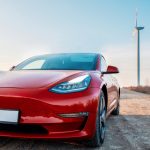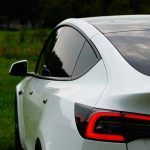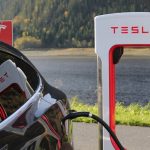In a significant turn of events, Amazon and iRobot have jointly declared the termination of their previously planned $1.4 billion merger. The agreement, which was initially formed in August 2022, was anticipated to bolster innovation and reduce consumer prices for iRobot’s products, which include the popular Roomba vacuum cleaner.
Regulatory Roadblocks and Restructuring
The acquisition’s failure has been attributed to insurmountable regulatory challenges within the European Union. Concurrently, iRobot has announced a substantial workforce reduction, affecting approximately 31% of its employees. The company’s CEO and co-founder, Colin Angle, is also set to depart from his position.
Amazon expressed disappointment over the collapse of the deal, with Senior Vice President and General Counsel David Zapolsky emphasizing the company’s belief in the potential of consumer robotics and the missed opportunity for accelerated innovation and competitive pricing.
Amazon’s Commitment and iRobot’s Future
Zapolsky further critiqued the disproportionate regulatory hurdles that stifle entrepreneurship and ultimately harm consumer interests and competition. Despite the setback, Colin Angle reaffirmed iRobot’s dedication to advancing robotics and smart home technology.
As a result of the dissolution, Amazon will compensate iRobot with a $94 million termination fee, which will contribute to the repayment of a substantial loan incurred by iRobot in the previous year.
EU Competition Concerns
The European Commission raised concerns that the merger could limit competition in the robotic vacuum cleaner market, fearing Amazon might disadvantage competitors’ products on its platform. Despite being cleared by the UK’s competition authority, Amazon failed to offer concessions to the European Commission by the specified deadline, leading to the deal’s termination.










